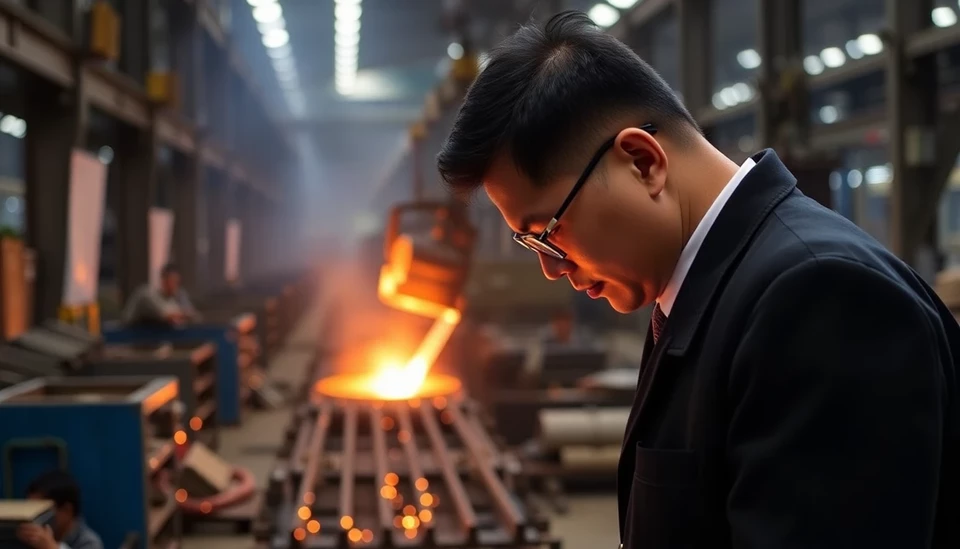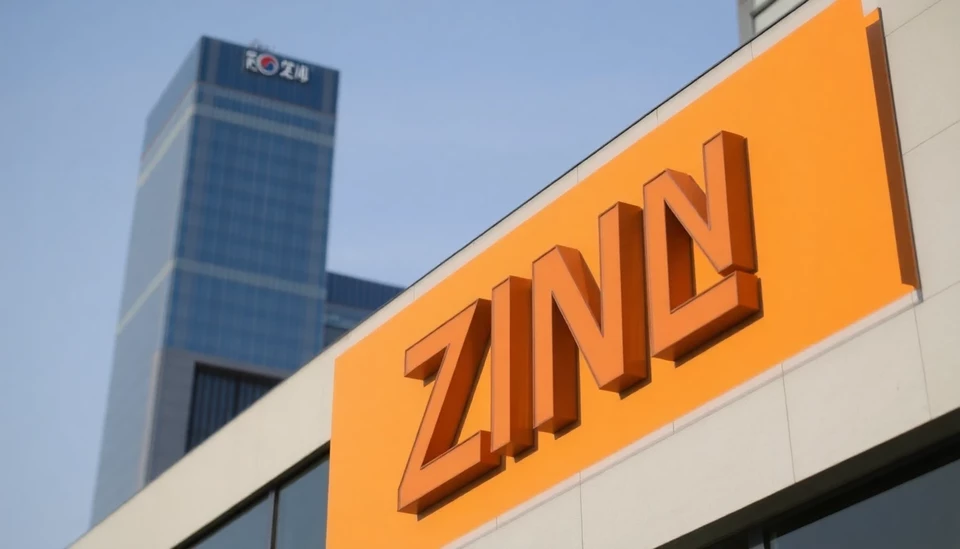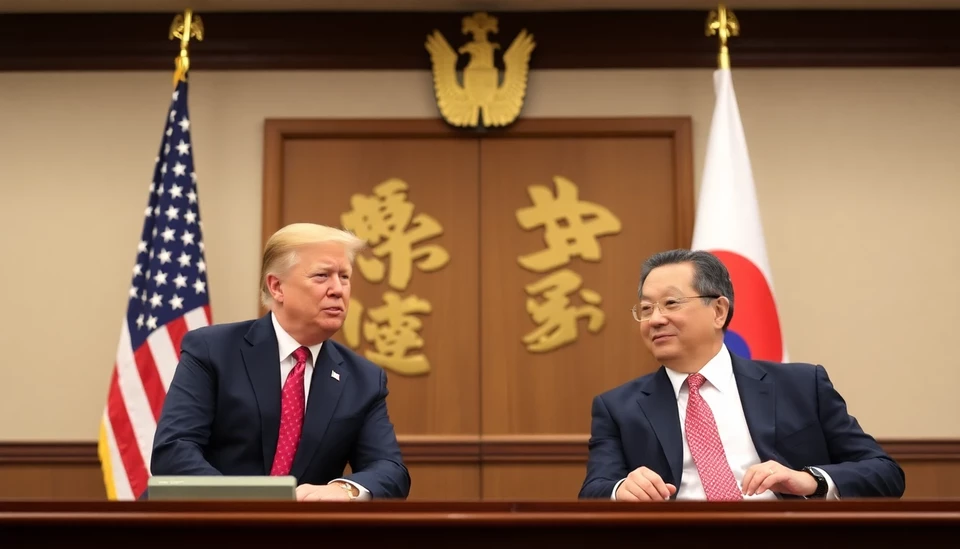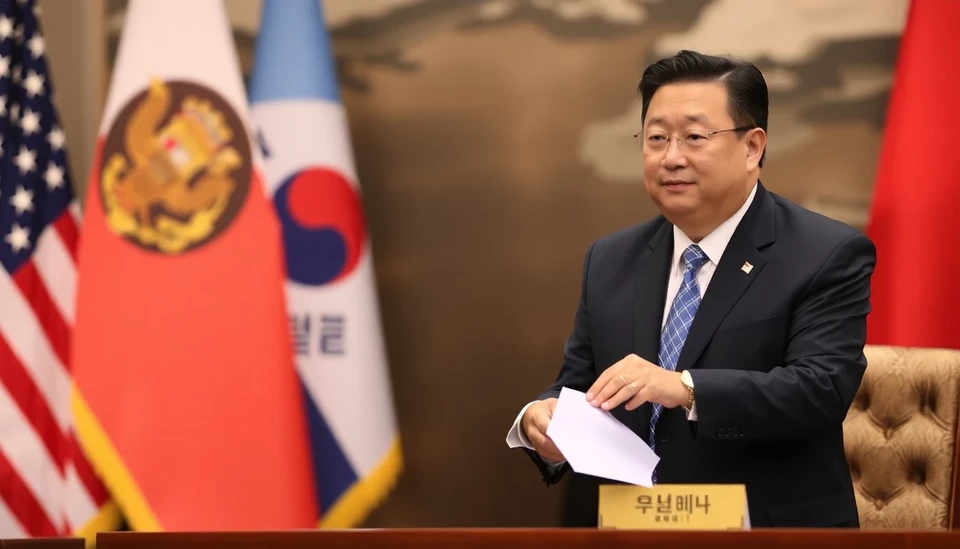
In an urgent response to increasing concerns about fair trade practices, South Korea is considering the implementation of anti-dumping duties on select steel products. This potential move comes in the wake of heightened imports, particularly from nations like China, which has drawn significant scrutiny from both domestic manufacturers and policymakers. With steel being a vital component of South Korea's economy, the government's review is aimed at protecting local industry from unfair competition.
The Ministry of Trade, Industry, and Energy has initiated a detailed investigation focusing on the dumping of hot-rolled steel plates and other related products. The investigation will span several months, allowing the government to assess whether imported products are being sold below their actual market value, potentially harming South Korea's producers.
Recent figures indicate that imported steel products, particularly those from China, have surged significantly, raising alarms among local manufacturers about their competitiveness in a market that is already rife with challenges. The local steel industry has expressed its concerns, arguing that continued influx of these products at reduced prices could lead to significant financial losses and threaten jobs within the sector.
Should the investigation yield sufficient evidence of unfair practices, it could pave the way for the government to impose tariffs that would level the playing field. Such actions could not only deter further dumping but also encourage domestic steel production, potentially bolstering South Korea's economy.
Industry analysts are closely monitoring the situation, recognizing that the potential measures could have broader implications for trade relationships. Countries involved in steel production, particularly those exporting goods to South Korea, will be watching this development closely, as it could lead to retaliatory tariffs or trade disputes in the region.
In recent years, South Korea has faced criticism for its trade policies, with calls for stronger action to protect domestic industries from foreign competition. The decision to pursue an anti-dumping investigation reflects a broader commitment to sustain its manufacturing sectors and ensure compliance with international trade laws.
As the investigation progresses, stakeholders from various sectors, including manufacturing, policy-making, and trade, will be keenly interested in the outcomes, which promise to influence the future of South Korea's steel market and international trade dynamics.
The government is expected to conduct hearings and gather testimonies from affected manufacturers, suppliers, and exporters over the coming months. These insights will be crucial in forming a complete picture of the market situation and determining the appropriateness of any potential tariffs.
Overall, South Korea's examination of anti-dumping measures underscores the ongoing tensions in global trade and the need for vigilance in maintaining fair competition in domestic markets.
#SouthKorea #SteelIndustry #AntiDumping #TradePolicy #FairTrade #Economy #Manufacturing #GlobalTrade
Author: Daniel Foster




